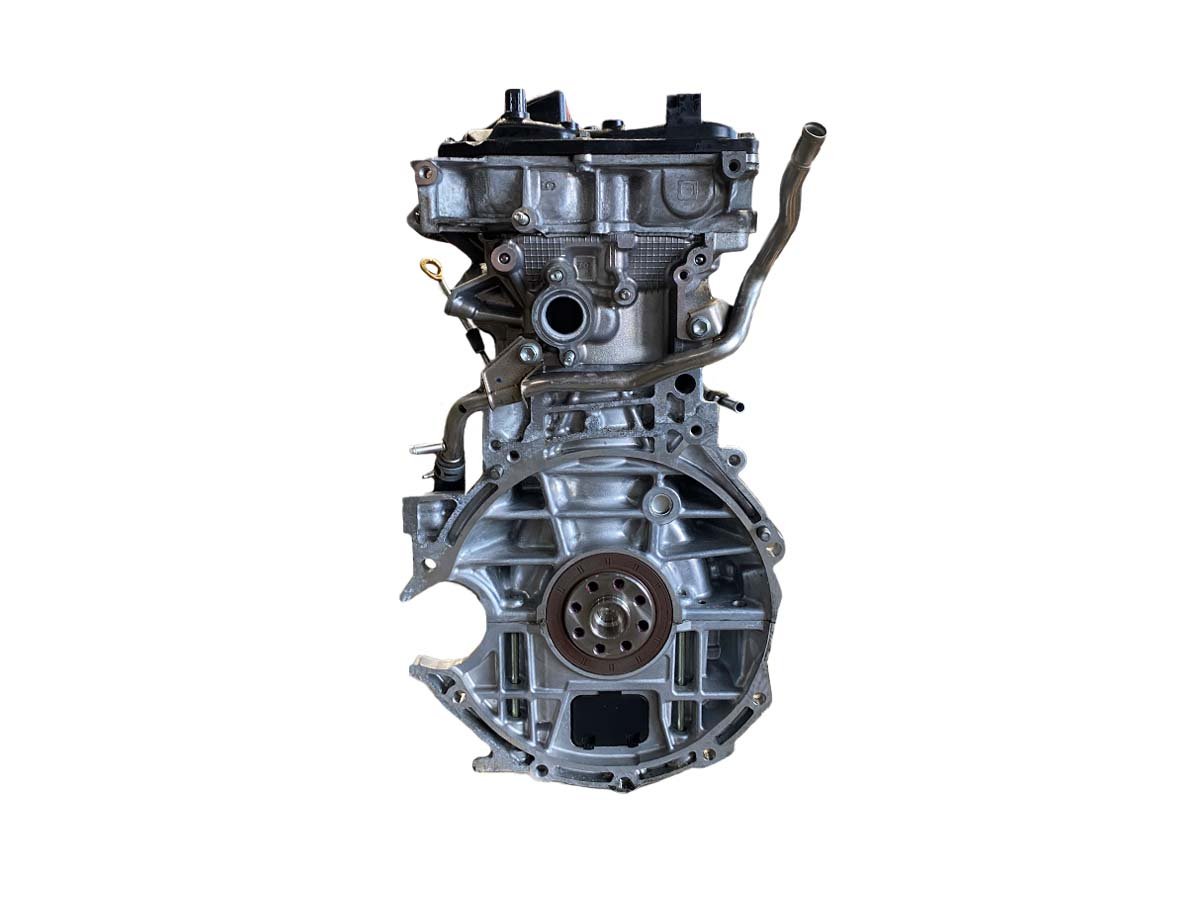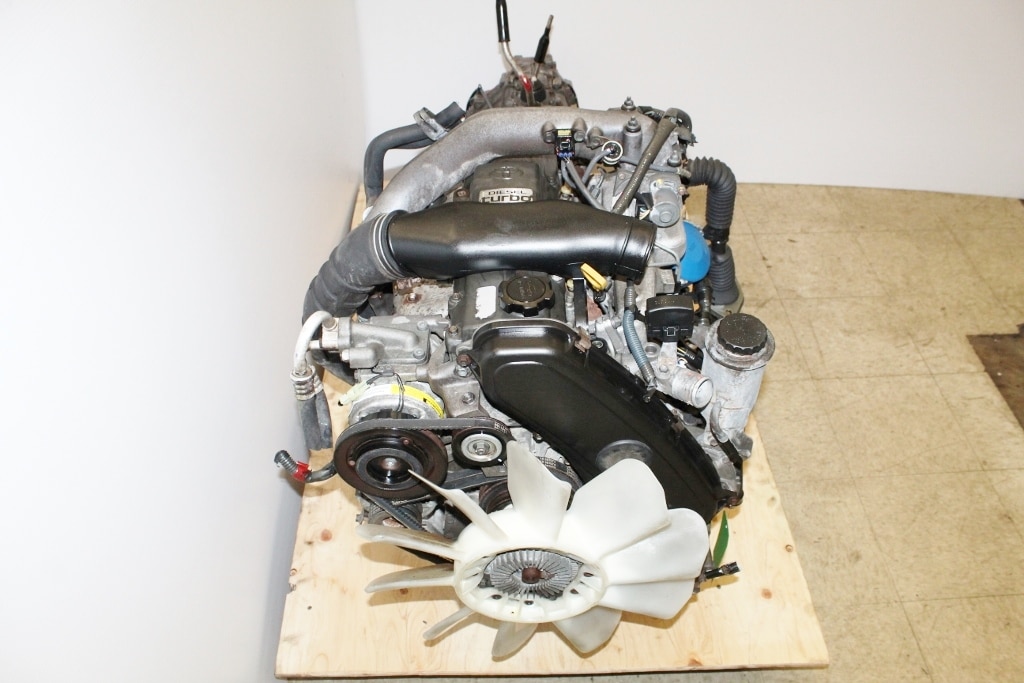Explore Top Quality and Value: Your Guide to Getting a Used Engine
When thinking about the acquisition of a pre-owned engine, comprehending the intricate equilibrium between top quality and worth is extremely important. A detailed examination of engine dependability, background, and condition is vital to guarantee an audio financial investment.
Understanding Engine Kind
When considering the purchase of a pre-owned engine, comprehension of the numerous engine types is vital for making a notified choice. Engines can normally be classified into 2 primary types: inner burning engines and electrical engines. Interior combustion engines, that include fuel and diesel variations, count on the burning of fuel to generate power. Fuel engines are commonly lighter and rev higher, making them appropriate for performance lorries, while diesel engines are renowned for their torque and fuel effectiveness, usually favored in sturdy applications.
On the other hand, electrical engines use electrical energy saved in batteries to power the vehicle, providing a cleaner alternative with fewer moving parts and reduced maintenance needs. Within these classifications, there are further differences, such as four-stroke versus two-stroke internal burning engines, and different electric motor configurations.
Understanding these differences is crucial, as they affect efficiency, compatibility with existing automobile systems, and long-lasting operational prices. By familiarizing oneself with the different kinds of engines available, possible customers can better evaluate their needs and choose that align with their lorry's demands and their personal choices.

Examining Engine Problem
A complete examination of engine condition is critical for anybody taking into consideration the acquisition of a pre-owned engine. Begin with an aesthetic assessment; check for indications of oil leakages, deterioration, or any type of physical damage to the engine block. A clean engine is commonly a sign of great maintenance practices, while extreme gunk may recommend overlook.
Next, assess the engine's parts, consisting of the timing belt, gaskets, and seals. Try to find deterioration, as these parts can be costly to replace. Additionally, examine the engine places, as damaged places may lead to vibrations and additional mechanical issues.
A compression examination is vital to determine interior engine health. Uniform compression across all cylinders suggests a properly maintained engine, whereas significant disparities may point to internal damages or wear.
Listening to the engine throughout a startup can supply valuable understandings; any type of unusual sounds, such as knocking or rattling, might recommend much deeper problems. Lastly, when possible, request a test run to review performance under load. By carefully analyzing these elements, possible buyers can make enlightened decisions and protect a quality pre-owned engine.
Monitoring Engine History
Comprehending the engine's background is important for making an educated purchase. Expertise of previous usage, upkeep records, and any previous problems can considerably affect the engine's dependability and long life. Beginning by asking for the car identification number (VIN) or engine serial number, which permits you to map useful link the engine's background.
Use readily available sources, such as Carfax or AutoCheck, to obtain a vehicle history record. This record will provide vital understandings, including mishap background, service records, and previous ownership details. Toyota RunX RSI. Pay certain interest to any type of indications of extreme damage or repeated repair work, which may indicate underlying problems
Inquire regarding maintenance routines executed on the engine. Regular oil changes, timing belt replacements, and various other safety nets reflect responsible possession. Furthermore, ask if the engine has undergone any kind of modifications, as non-standard alterations can influence performance and compatibility with your lorry.
Last but not least, if feasible, seek confirmation from a trusted technician that can evaluate the engine's problem based on its history (Toyota RunX RSI). This thorough examination will certainly assist you guarantee and stay clear of potential risks that your investment is sound and rewarding
Guarantee and Return Policies
Acquiring a used engine usually comes with differing service warranty and return policies that can substantially impact your choice. When considering a used engine, it is essential to extensively review the guarantee choices provided by the vendor.

Furthermore, reliable sellers typically provide paperwork that details the service warranty and return procedure, guaranteeing openness. Constantly request for this details prior to finalizing your acquisition. A distinct warranty and return plan can supply assurance and safeguard your financial investment, making it an important part of the decision-making process when buying a second-hand engine.
Locating the very best Offers
When seeking the most effective offers on a pre-owned engine, it is important to perform extensive research study and compare rates from different vendors. Beginning by checking out online marketplaces, vehicle online forums, check my blog and local salvage lawns to gather a detailed understanding of the market. Making use of cost comparison tools can streamline this procedure, highlighting affordable prices across different systems.

Think about timing your purchase strategically. Seasonal variations in demand can influence prices, with specific times of the year supplying better bargains. In addition, be open to negotiating costs; several sellers might want to lower their asking cost, specifically if the engine has been detailed for an extensive duration.
Final Thought
In summary, purchasing a second-hand engine requires a comprehensive assessment of high quality and worth. Assessing engine condition with go now tests and assessments, confirming its history, and comprehending guarantee and return plans are important actions.
When taking into consideration the purchase of a second-hand engine, understanding of the numerous engine types is essential for making an informed choice. Engines can normally be classified into two major kinds: interior burning engines and electric engines. Gasoline engines are generally lighter and rev greater, making them appropriate for efficiency cars, while diesel engines are renowned for their torque and fuel effectiveness, usually preferred in heavy-duty applications.
A comprehensive analysis of engine condition is extremely important for any individual considering the acquisition of a used engine. Begin by requesting the lorry identification number (VIN) or engine serial number, which allows you to trace the engine's background.